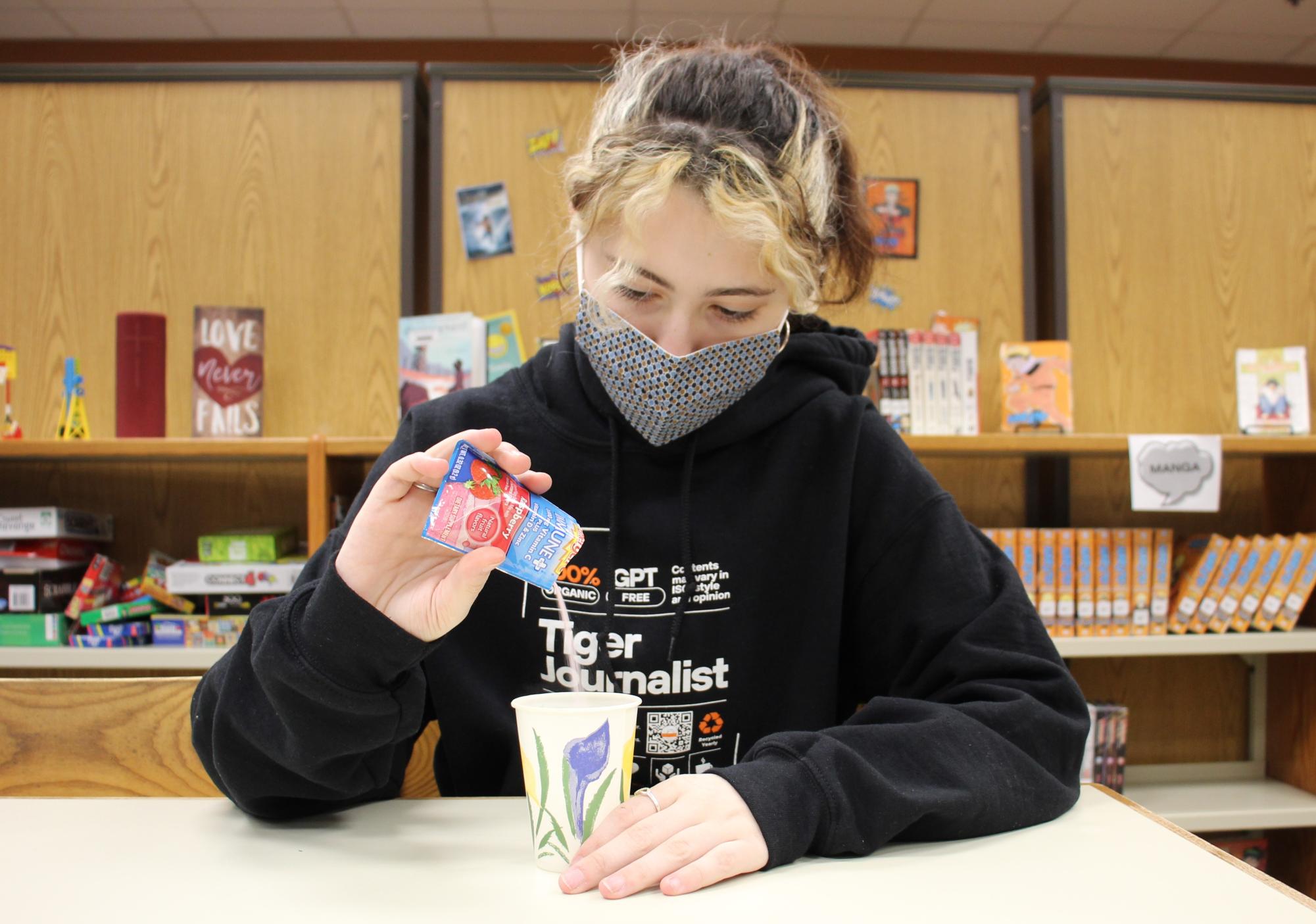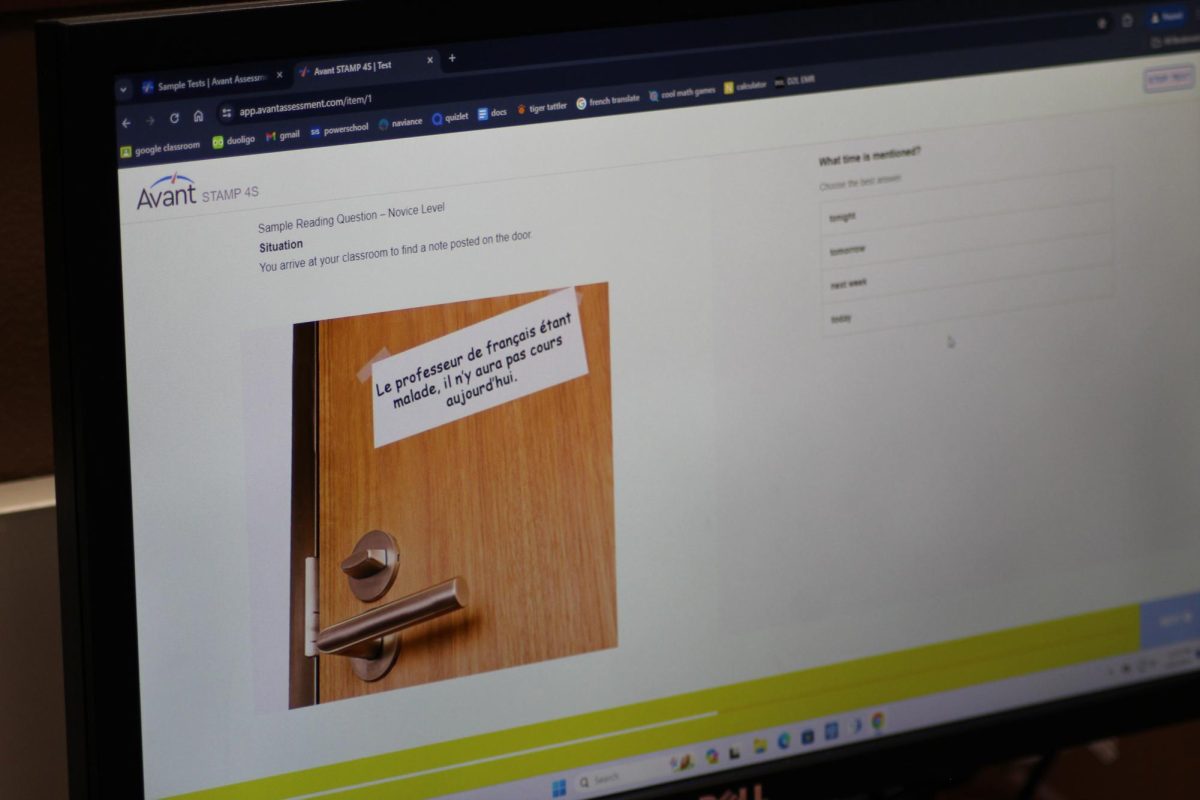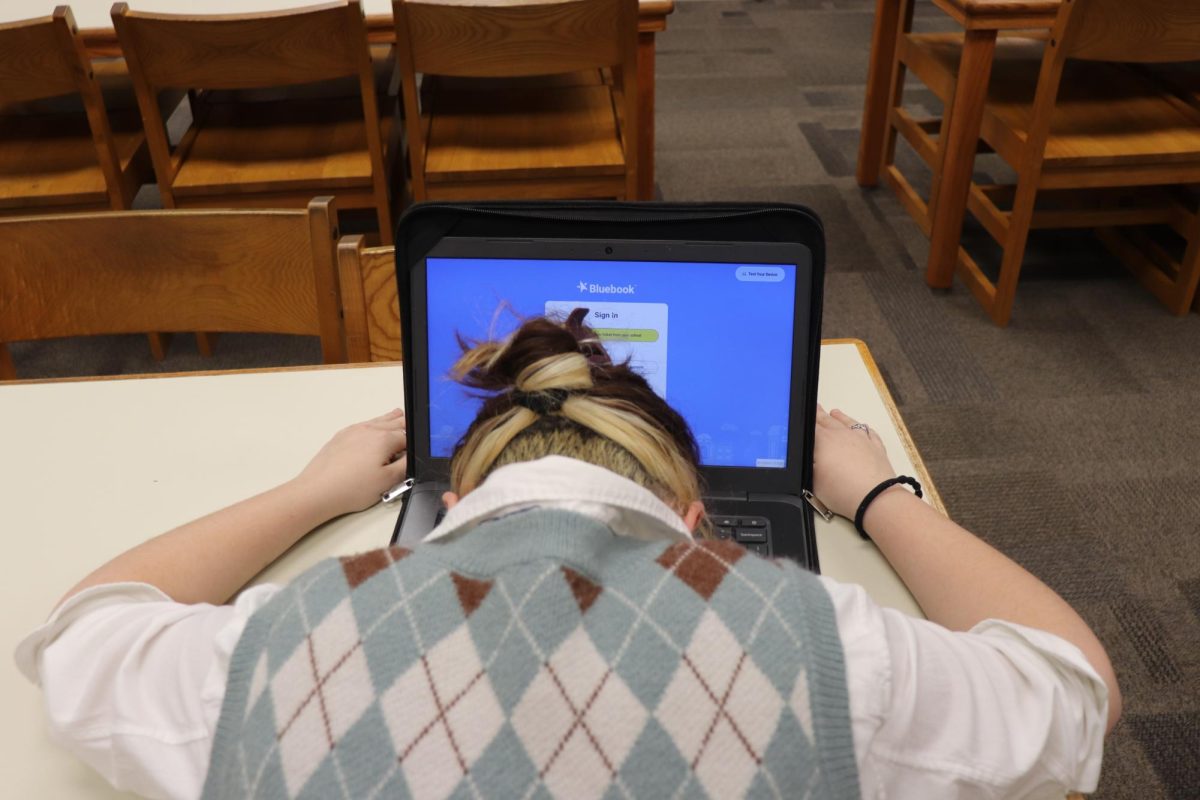Many students in Herrin High School are apt to notice the dramatic increase in sick students and teachers. Winter is a season in which immune systems weaken and it becomes more important for one to do whatever they can in order to stay healthy. Yet, because the school environment is one that oftentimes allows for diseases to spread more rapidly, students are hard-pressed to successfully maintain their health. So, it is increasingly important for students to be aware of the ways they can stay in good shape this winter season.
According to the Loyola Medicine website, the most common winter illnesses are: dry, itchy skin; Bronchitis; Pneumonia; Strep Throat; and Influenza. According to that same source, those illnesses can be treated (but not necessarily cured) by doing the following respectively: increasing humidity, moisturizing, and avoiding long, hot showers; hydrating, using cough syrup, and increasing humidity (Bronchitis usually runs its own course. Also, antibiotics are not effective because it is not a bacterial illness); aside from prescribed medicine (depending on risk factor), resting, and hydrating alongside over-the-counter medications; antibiotics; waiting it out with fluids and over-the-counter medicine.
The common cold is, as its name suggests, another viral infection that occurs often. It bears a myriad of symptoms and spreads extraordinarily rapidly. Most people will experience the common cold more than any other illness, according to Penn Medicine. In more severe cases, the common cold can lead to cases of Bronchitis or Pneumonia, especially when a patient has a poor immune system.
Because of these clear risks, students who exist in a high school setting (where hundreds of people touch door handles, cough, sneeze, touch desks, and more) must be increasingly aware of the manners in which they can prevent diseases. The most effective ways to prevent the spreading of illness are, according to the CDC: covering one’s mouth when one coughs or sneezes; washing one’s hands for twenty seconds with hot, soapy water; and wearing masks.
Still, how do high school students actually work towards preventing winter illnesses? Out of 148 HHS students, 67 said they often fall sick in winter. A further 55 students said they occasionally fall sick. To prevent illness, 68 of them take basic care of themselves (i.e. sleeping and eating well, showering, staying hydrated, etc.). Thirty-seven state that their go-to is regular hand washing. Eighteen of them, they report, regularly take vitamins in the winter.
Still, sickness has a way of creeping in. Because of this, those same students gave their opinions on how HHS students should act when they are sick. A majority of them (78), expressed a desire for students to simply stay home when they are sick. A further 29 wanted to see an increase in hand-washing and coughing/sneezing into the elbow.
Though winter presents a time in which so many fall ill, and disease can spread readily, there are many ways high school students can work together to prevent those poor tidings. One case of the flu can spread to a dozen, and when someone with a weakened immune system falls ill, it can be devastating.










